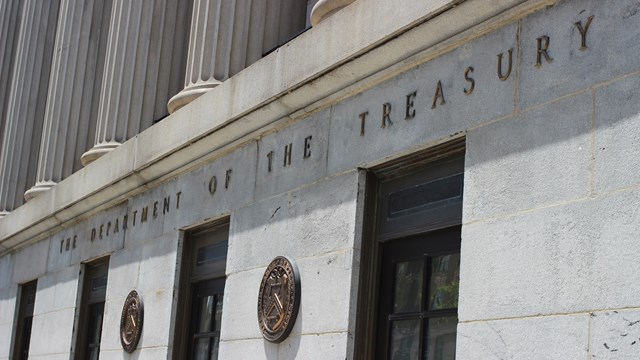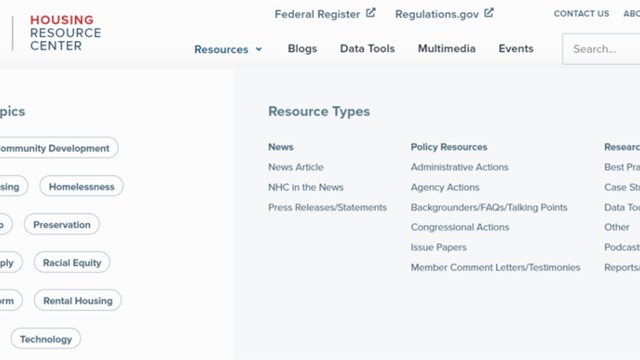As if New York co-op and condo communities weren’t under enough pressure from sluggish sales, high interest rates, and the ever-increasing volume of work required to comply with environmental requirements like Local Law 97, Governor Kathy Hochul signed a bill into law on November 17 amending Sections 756-a and 756-c of the New York State Prompt Payment Act. This law governs restrictions on retainage and invoicing of final payment by contractors in construction contracts.
Who’s Affected?
The change in the law applies to all privately owned commercial construction projects where the contract sum exceeds $150,000, and mandates that owner-held retainage cannot exceed five percent of the total amount of the contract. (Historically, the typical retainage was 10%.) Additionally, contractors may no longer require retainage from subcontractors in excess of the percentage retained by the owner of the project. The law also allows contractors to invoice for final payment in full upon achieving substantial completion as defined in the applicable construction contract, rather than at final completion. On the other side of the equation, the law does not modify the existing language in Section 756-c requiring that retainage be released by the owner to the contractor no later than thirty days after final approval of the work under a construction contract.
“The legislative intent was to address lack of clarity and to reduce disputes and delays,” says Christopher Tarnok, a partner with Manhattan-based law firm D’agostino Lederman Landsman Rivera & Miraglia. “The amendment to the law moved the payment milestone from contractors’ performance of work completion under the contract, and advanced it to substantial completion of the work. In essence, under this amendment, contractors can now ask for the release of retained funds earlier. The new amendment does allow for parties to contract otherwise if they agree. You can still ask for a later date. You can have a different milestone as negotiated by the parties.”
The change, in and of itself, is more contractor-friendly than property owner-friendly, explains Tarnok. “It allows the contractor to receive retainage funds earlier than it has in the past.” But, as mentioned above, “It’s one of these things where they can still negotiate.”
This change in the law is yet another blow to co-op and condominium communities in an already difficult period, particularly with the looming compliance requirements of Local Law 97 just around the corner.
Tarnok suggests that in order to avoid potential future disputes, “You need to have your agreements in place, and [ensure] that those agreements outline obligations clearly. Overall, this change in the law was motivated to reduce disputes. The new law should be a motivating factor for co-op and condo boards to make sure their interests are protected. Most importantly, they need to have their counsel on board to negotiate agreements to be most protected under new law.










Comments
Leave a Comment